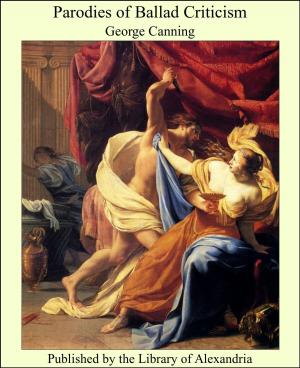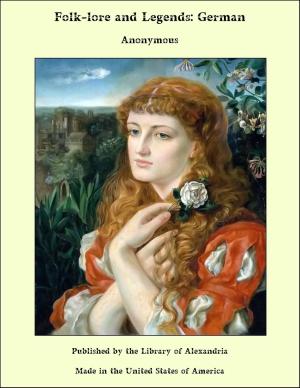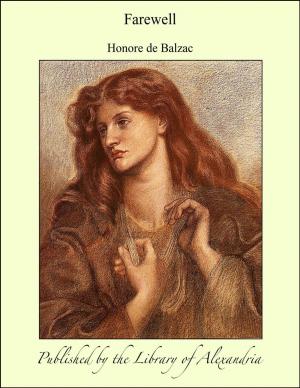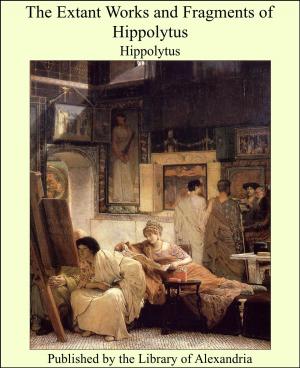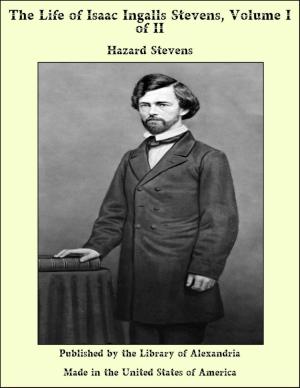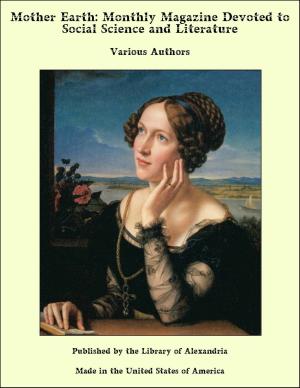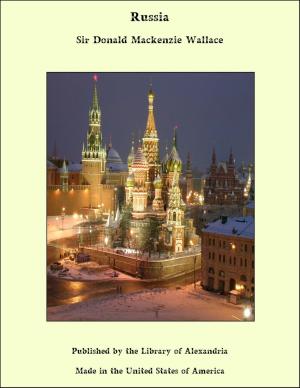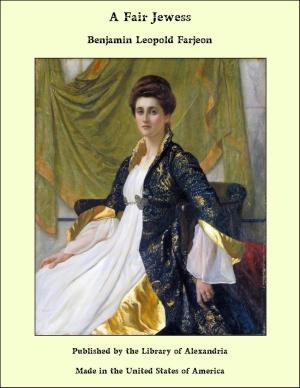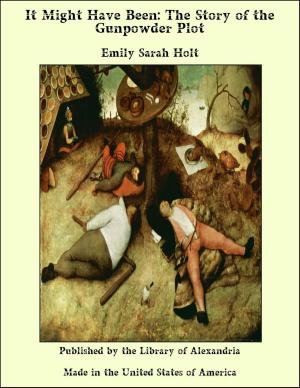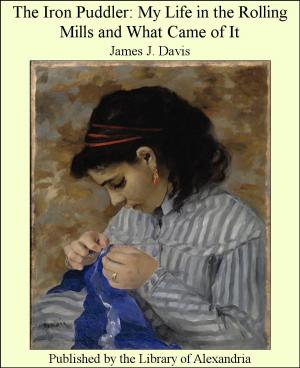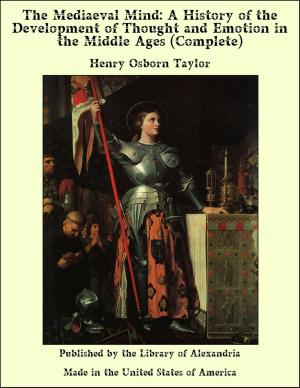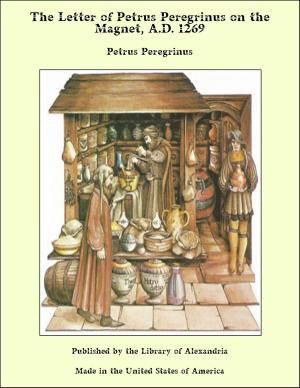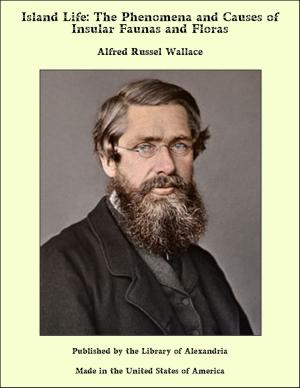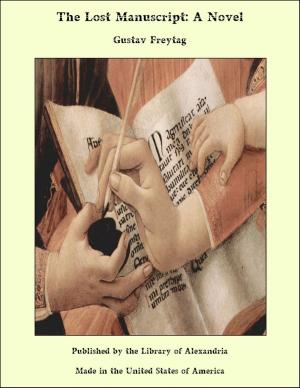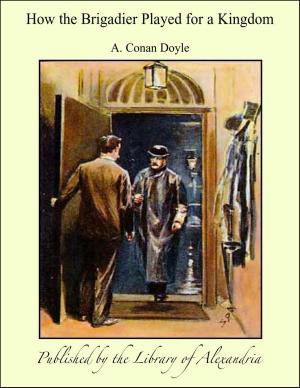| Author: | Selected by Beverly Nichols | ISBN: | 9781613108833 |
| Publisher: | Library of Alexandria | Publication: | March 8, 2015 |
| Imprint: | Language: | English |
| Author: | Selected by Beverly Nichols |
| ISBN: | 9781613108833 |
| Publisher: | Library of Alexandria |
| Publication: | March 8, 2015 |
| Imprint: | |
| Language: | English |
These poems are the very essence of the British spirit. They are, to literature, what the bloom of the heather is to the Scot, and the smell of the sea to the Englishman. All that is beautiful in the old word “patriotism” … a word which, of late, has been twisted to such ignoble purposes … is latent in these gay and full-blooded measures. But it is not only for these reasons that they are so valuable to the modern spirit. It is rather for their tonic qualities that they should be prescribed in 1934. The post-war vintage of poetry is the thinnest and the most watery that England has ever produced. But here, in these ballads, are great draughts of poetry which have lost none of their sparkle and none of their bouquet. It is worth while asking ourselves why this should be—why these poems should “keep”, apparently for ever, when the average modern poem turns sour overnight. And though all generalizations are dangerous I believe there is one which explains our problem, a very simple one…. namely, that the eyes of the old ballad-singers were turned outwards, while the eyes of the modern lyric-writer are turned inwards. The authors of the old ballads wrote when the world was young, and infinitely exciting, when nobody knew what mystery might not lie on the Other side of the hill, when the moon was a golden lamp, lit by a personal God, when giants and monsters stalked, without the slightest doubt, in the valleys over the river. In such a world, what could a man do but stare about him, with bright eyes, searching the horizon, while his heart beat fast in the rhythm of a song?
These poems are the very essence of the British spirit. They are, to literature, what the bloom of the heather is to the Scot, and the smell of the sea to the Englishman. All that is beautiful in the old word “patriotism” … a word which, of late, has been twisted to such ignoble purposes … is latent in these gay and full-blooded measures. But it is not only for these reasons that they are so valuable to the modern spirit. It is rather for their tonic qualities that they should be prescribed in 1934. The post-war vintage of poetry is the thinnest and the most watery that England has ever produced. But here, in these ballads, are great draughts of poetry which have lost none of their sparkle and none of their bouquet. It is worth while asking ourselves why this should be—why these poems should “keep”, apparently for ever, when the average modern poem turns sour overnight. And though all generalizations are dangerous I believe there is one which explains our problem, a very simple one…. namely, that the eyes of the old ballad-singers were turned outwards, while the eyes of the modern lyric-writer are turned inwards. The authors of the old ballads wrote when the world was young, and infinitely exciting, when nobody knew what mystery might not lie on the Other side of the hill, when the moon was a golden lamp, lit by a personal God, when giants and monsters stalked, without the slightest doubt, in the valleys over the river. In such a world, what could a man do but stare about him, with bright eyes, searching the horizon, while his heart beat fast in the rhythm of a song?

